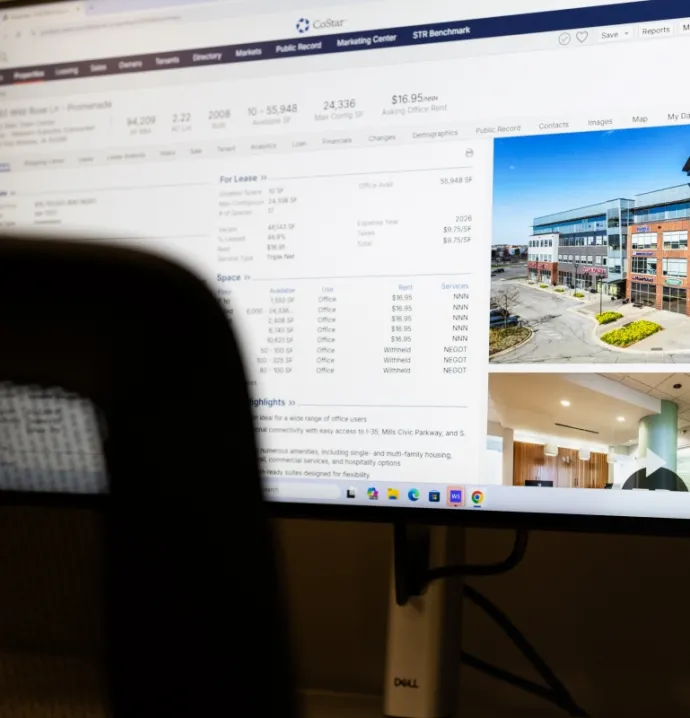A COVID-19 'gap year' has significant financial consequences for some business majors
A COVID-19 'gap year' has significant financial consequences for some business majors
The Covid-19 virus has turned the college experience upside-down as students have been removed from dorms to stop the spread of the disease, and face-to-face classes have been moved to remote delivery. Potential first-year and transfer students are being encouraged to consider a ‘gap year’ and delay enrollment until the educational environment returns to ‘normal.’ What is not commonly discussed in the media is the cost of postponing education and making progress towards a future career.
For potential accounting majors, a gap year comes at a high financial cost. Like many professional and STEM fields, accounting majors graduate into a market where jobs are plentiful, salaries are high, and wage growth is strong. Some estimate the demand for accountants over the next decade will exceed one million. A gap year delays a student’s graduation, entrance into the profession, and chance to earn a salary by one year. The student’s salary will also lag permanently, and the cost of that lag compounds over time. Would you believe me if I said that delaying an accounting education by only one year would cost a student over a quarter-million dollars in earnings over a lifetime? It does.
According to Robert Half’s 2020 Salary Survey for accounting and finance professionals, accounting graduates who take jobs at large accounting firms generally earn around $60,000 as a new associate. New associates who perform well quickly progress to become senior associates, then managers, and senior managers. They commonly earn annual salaries over six figures within five years and the opportunity to become a partner typically takes place around year 15, and that is when big money is made, with partners earning between $250,000 and $5 million per year. When you consider the large pay jumps that happen with promotions, average wage growth for a public accountant at a large firm is in the range of 8% to 10% annually over the long run. Now let me show you an example of how delaying this opportunity can be very costly.
Let us assume a student receives a job at a large public accounting firm with a $60,000 starting salary and average annual wages increase by a very conservative 6% (not everyone makes partner) until age 62, the mandatory retirement age at most large public accounting firms. Let us assume the starting salary for a student taking the gap year would start at around $61,800 during the year after the gap to account for 3% average wage growth. The student taking a gap year would have the opportunity to work full-time during the year off school, but the average wages for a high school graduate with little to no college experience are low. For argument’s sake, let us assume 40 hours per week at $12 per hour for 50 weeks. Let us also assume an average personal income tax rate of 25% for all years in the analysis. A five-year graduation is assumed because accounting students need 150 credits of coursework to earn the coveted Certified Public Accountant (CPA) designation. Let us also assume annual tuition of $10,000, increasing by 5% each year, and paid annually. Finally, let’s assume a discount rate of 4%. The discount rate brings the value of future cash flows back to today’s dollars using the concept of present value. The assumption behind present value is that money earned in the future is worth less than money earned today, and expenses delayed into the future are not as costly as if they were made today. Discounting also makes the results easier to interpret as they represent the cost or income as if it is endured today. I use 4% to account for the opportunity to invest earnings in risk-free treasury instruments, which have just over a 2% return in recent history, and adjust for uncertainties commonly used by economists to reduce expected future earnings including the probability of death, disability, and unemployment. The following results come from the analysis of these assumptions.
The results show that accounting students who take a gap year will lose out on $225,591 of net earnings, after taxes, over their career. The cost in current dollars is $80,614. The question for potential accounting majors considering a gap year is, “is it worth $80,000 to you?”
This analysis could be performed for other professional fields that require a college degree and have wage increases due to promotion and experience that typically outpace the national wage growth. Future teachers, actuaries, engineers, and more should also consider the cost of delaying their education before making a choice.
The views and opinions expressed are those of the author and do not imply endorsement by the University of Northern Iowa.




